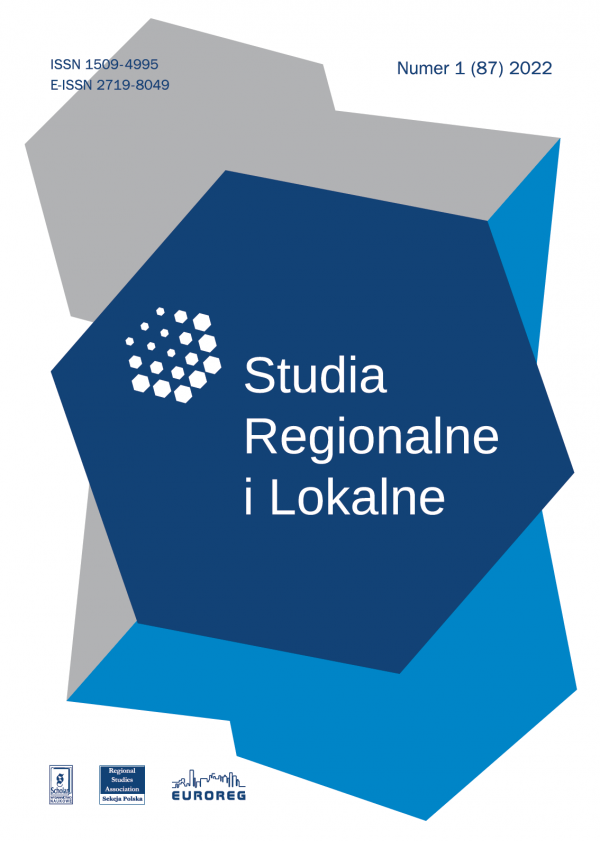Numer:
1(87)2022
Borce Trenovski, Gunter Merdzan, Filip Peovski
Municipal Revenue Determinants in the South-Eastern European Economy: Evidence from North Macedonia
DOI: 10.7366/1509499518702
Municipal Revenue Determinants in the South-Eastern European Economy: Evidence from North Macedonia
Sustainability of municipal finance implies steady revenue generation. Pinpointing their determinants creates the necessary background in their management and policy creation. Great municipal dependence on central government finance remains a serious challenge in the process of fiscal decentralisation. So far, studies have been focusing on the expenditure side, while revenues were treated mostly marginally. A random-effects Generalized Least Squares (GLS) panel regression for the period of 2015–2019 is estimated for targeting revenue determinants of municipalities in North Macedonia. Own and total tax revenues are modelled separately through the impact of capital expenditures, salary expenditures, active transparency index, municipality type, and local government’s ideology. The general results indicate that capital expenditure, municipal transparency, and the level of development are significant determinants of municipal revenues in both estimated models. Using such knowledge on municipal revenue reactions can help governments formulate policies that provide sustainable and effective fiscal decentralisation, lowering the pressure on central governments in developing economies.
Municipal Revenue Determinants in the South-Eastern European Economy: Evidence from North Macedonia
Sustainability of municipal finance implies steady revenue generation. Pinpointing their determinants creates the necessary background in their management and policy creation. Great municipal dependence on central government finance remains a serious challenge in the process of fiscal decentralisation. So far, studies have been focusing on the expenditure side, while revenues were treated mostly marginally. A random-effects Generalized Least Squares (GLS) panel regression for the period of 2015–2019 is estimated for targeting revenue determinants of municipalities in North Macedonia. Own and total tax revenues are modelled separately through the impact of capital expenditures, salary expenditures, active transparency index, municipality type, and local government’s ideology. The general results indicate that capital expenditure, municipal transparency, and the level of development are significant determinants of municipal revenues in both estimated models. Using such knowledge on municipal revenue reactions can help governments formulate policies that provide sustainable and effective fiscal decentralisation, lowering the pressure on central governments in developing economies.
Afiliacja:
Borce Trenovski: Ss. Cyril and Methodius University in Skopje, Faculty of Economics – Skopje, Blvd. Goce Delcev 9-v, 1000 Skopje, Republic of North Macedonia; ORCID: 0000-0002-3630-9486;
borce.trenovski@eccf.ukim.edu.mk Gunter Merdzan: Ss. Cyril and Methodius University in Skopje, Faculty of Economics – Skopje, Blvd. Goce Delcev 9-v, 1000 Skopje, Republic of North Macedonia; ORCID: 0000-0002-1894-9623;
gjunter.merdzan@eccf.ukim.edu.mk Filip Peovski: Ss. Cyril and Methodius University in Skopje, Faculty of Economics – Skopje, Blvd. Goce Delcev 9-v, 1000 Skopje, Republic of North Macedonia; ORCID: 0000-0002-7988-7403;
peovski@eccf.ukim.edu.mk 


